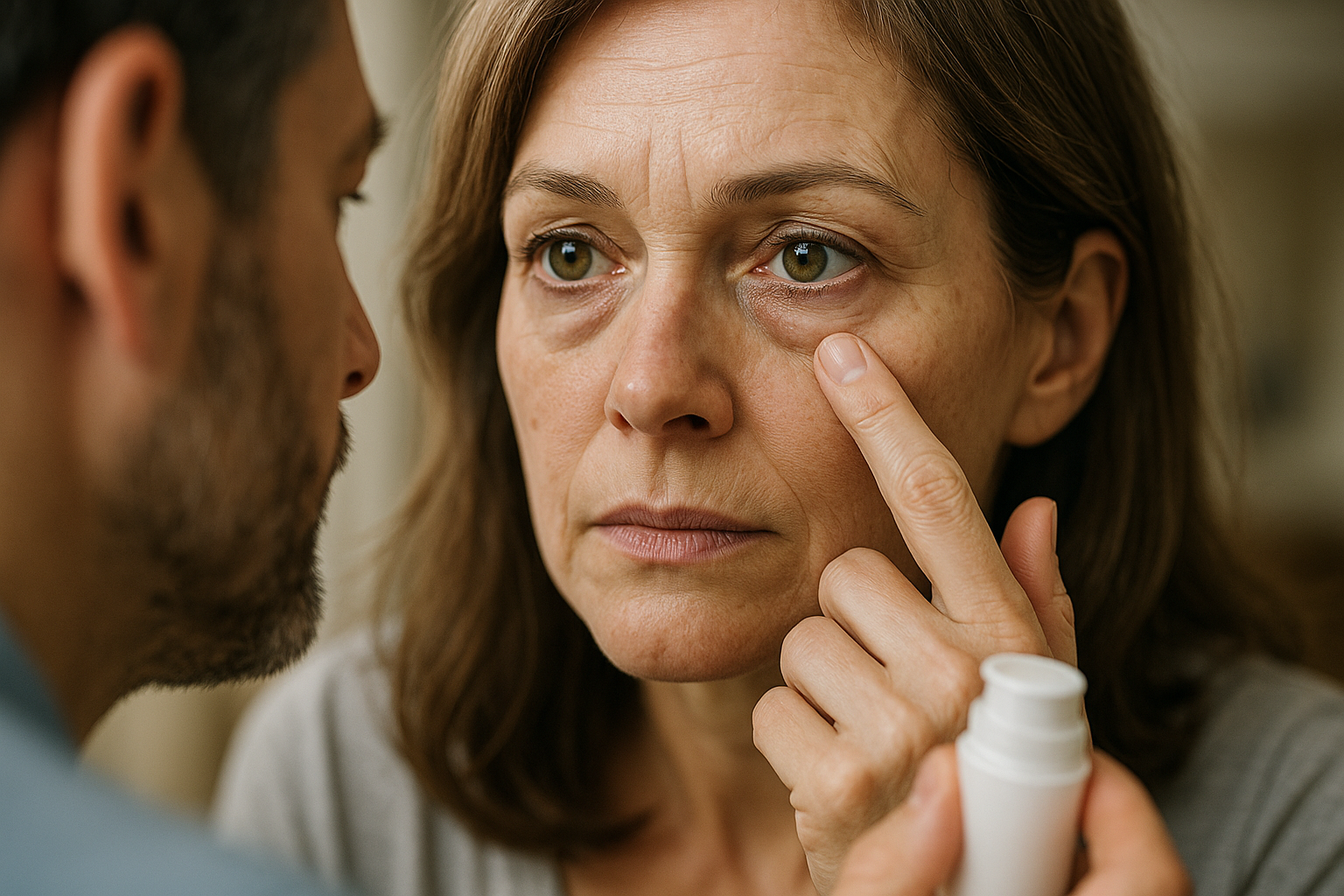Understanding Psoriasis: Symptoms, Relief, and Skin Health Support
Psoriasis is a chronic skin condition affecting millions, often showing up as red, scaly patches that can itch or crack. Learning the symptoms, common triggers, and available care routines can help manage flare-ups more effectively. Discover safe and general ways to support skin health.

Recognizing Early Signs of Psoriasis on Skin or Scalp
Psoriasis typically manifests as distinctive skin changes that can appear on various body parts. The most common early signs include:
-
Red, raised patches of skin
-
Silver-white scales covering the red areas
-
Dry, cracked skin that may bleed
-
Itching or burning sensations
-
Localized patches often appearing on elbows, knees, scalp, and lower back
These symptoms can vary in severity, with some individuals experiencing mild, localized patches while others develop more extensive skin coverage. The appearance and intensity of psoriasis can fluctuate, making early recognition crucial for effective management.
Common Symptoms and Potential Complications
Beyond surface-level skin changes, psoriasis can present more complex health challenges. Individuals may experience:
-
Joint pain and stiffness (psoriatic arthritis)
-
Nail changes, including pitting or separation
-
Increased risk of cardiovascular issues
-
Potential mental health impacts, including depression and anxiety
The unpredictable nature of psoriasis means symptoms can intensify during stress, weather changes, or specific health conditions. Tracking these patterns can help individuals better manage their skin health and anticipate potential flare-ups.
Moisturizing Helps Maintain Skin Barrier Function
Proper skin care is essential for managing psoriasis. Moisturizing plays a critical role in:
-
Reducing skin inflammation
-
Preventing excessive dryness
-
Supporting the skin’s natural healing process
-
Minimizing itching and discomfort
Dermatologists recommend using fragrance-free, hypoallergenic moisturizers with ingredients like ceramides, hyaluronic acid, and glycerin. Applying moisturizer immediately after bathing can help lock in hydration and support the skin’s protective barrier.
Gentle Skincare Routines May Ease Irritation
Developing a careful skincare approach can significantly reduce psoriasis symptoms:
-
Use lukewarm water for bathing
-
Choose mild, non-irritating cleansers
-
Pat skin dry instead of rubbing
-
Apply prescribed topical treatments consistently
-
Avoid harsh exfoliation or aggressive skin treatments
Consulting with a dermatologist can help create a personalized skincare routine tailored to individual skin needs and psoriasis severity.
Understanding Flare-Up Triggers Can Reduce Recurrence
Identifying and managing potential triggers is crucial in psoriasis management. Common triggers include:
-
Stress
-
Certain medications
-
Skin injuries
-
Infections
-
Alcohol consumption
-
Smoking
| Trigger Category | Potential Impact | Management Strategy |
|---|---|---|
| Stress | High correlation with flare-ups | Stress management techniques |
| Diet | Inflammation potential | Anti-inflammatory diet |
| Environmental | Weather, allergens | Protective clothing, humidity control |
Prices, rates, or cost estimates mentioned in this article are based on the latest available information but may change over time. Independent research is advised before making financial decisions.
Conclusion
Psoriasis is a complex condition requiring comprehensive management involving medical treatment, careful skincare, and lifestyle modifications. While challenging, many individuals successfully manage their symptoms through informed, proactive approaches and professional medical guidance.
Medical Disclaimer: This article is for informational purposes only and should not be considered medical advice. Please consult a qualified healthcare professional for personalized guidance and treatment.




